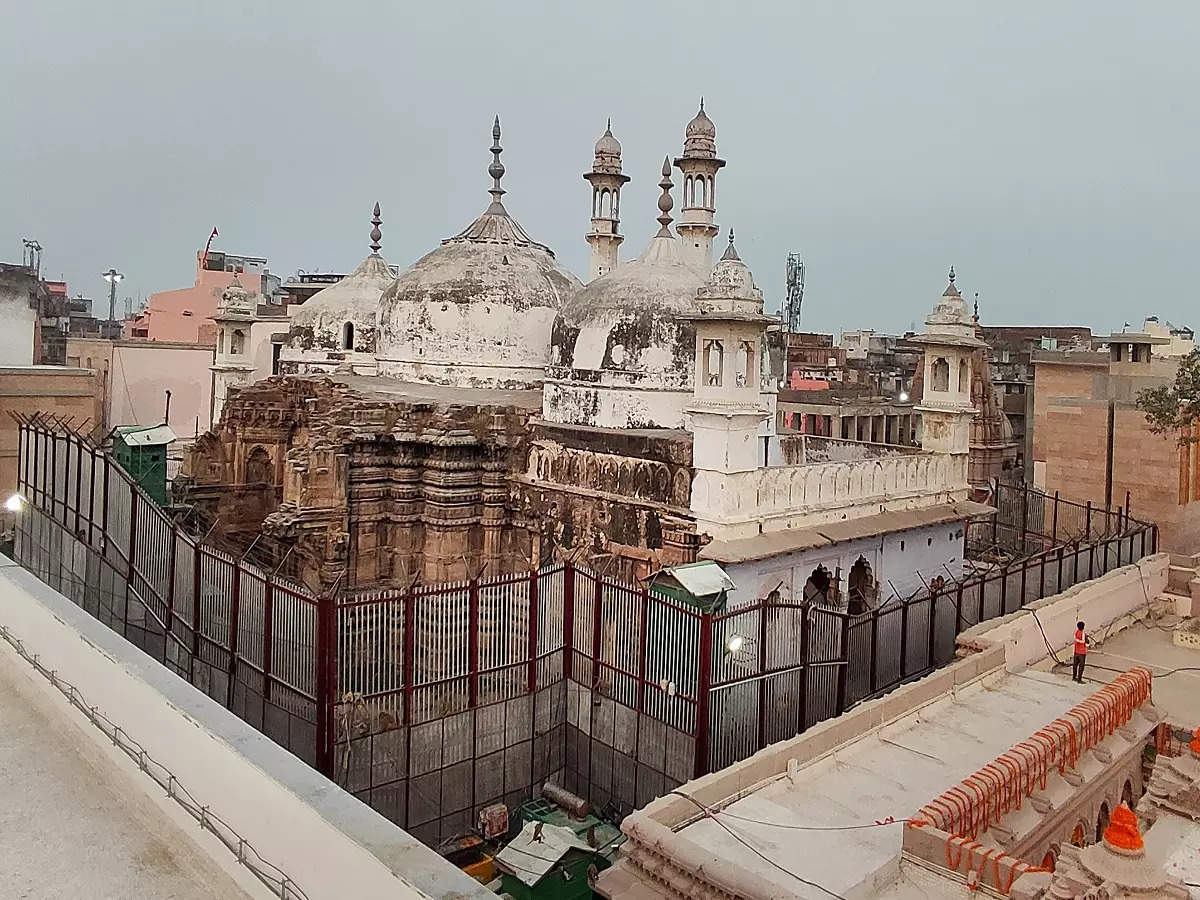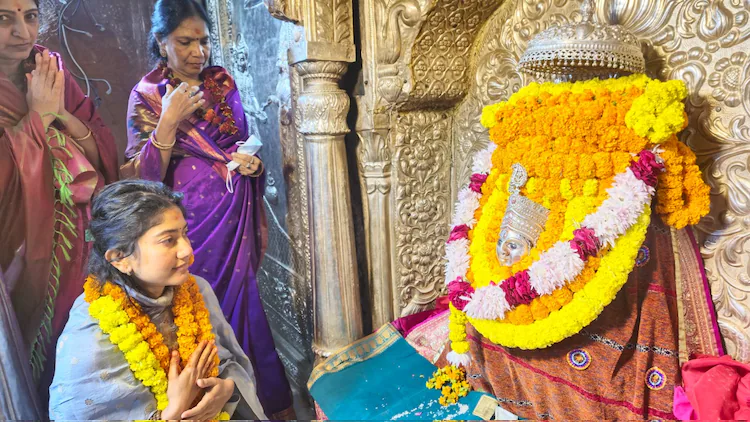The Varanasi Court in Uttar Pradesh, India, has mandated an Archaeological Assessment of India (ASI) assessment of the Gyanvapi mosque complex, omitting the Wazu tank, which has been shut, in a significant move. Advocates Vishnu Shankar Jain and Subhash Nandan Chaturvedi, who are on the Hindu side of the dispute, praised the court’s ruling as a turning point. The study’s objective is to perform a “scientific survey” of the full grounds of the nearby Vishwanath temple-adjacent Gyanvapi mosque.
By submitting a letter of appeal to the Varanasi court asking for the examination of the Gyanvapi complex, the Hindu side had requested the ASI survey. Five ladies who had before asked permission to pray at the “Shringar Gauri” submitted the case in May of this year.
A building resembling a “Shivling” and a “fountain” was found on the mosque grounds during a video graphics examination last year.
Survey of Gyanvapi Mosque restricted to outer premises
With the exception of the Wazukhana region with the “Shivling”-like building, which is within Supreme Court jurisdiction, the court’s most recent ruling permits the ASI survey. The Muslim side has the option to appeal this decision to the Allahabad High Court.
Prior to this, on July 6, the Hindu petitioners pleaded with the Supreme Court to hasten the hearing of a case against the Allahabad High Court’s ruling for the ASI to carry out a scientific assessment, including carbon dating, of the “Shivling.”
The scientific survey had been put on hold because the Supreme Court had delayed carrying out the High Court’s instructions. The scientific study has been approved by the Allahabad High Court.
All parties involved, as well as the general public and legal community, continue to pay close attention to the case as it develops. The results of the ASI survey and the accompanying hearings will probably determine how the Varanasi Gyanvapi mosque complex controversy develops in the future.
















